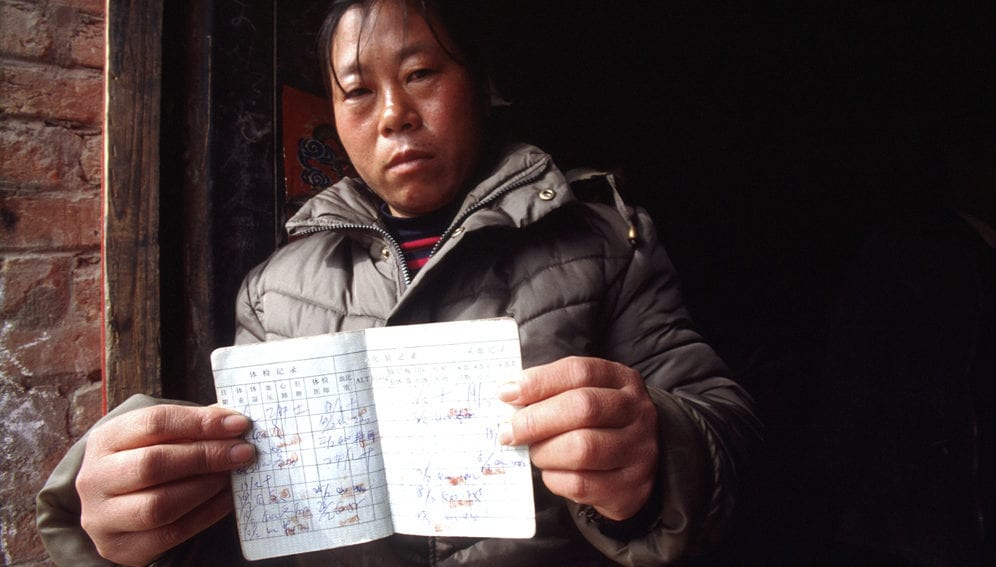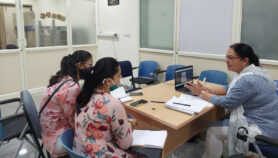By: Joel Adriano
Send to a friend
The details you provide on this page will not be used to send unsolicited email, and will not be sold to a 3rd party. See privacy policy.
[MANILA] Medical and public health experts say discrimination against people with viral hepatitis is proving to be a major challenge to eliminating the disease.
Last week, an international hepatitis conference in Manila (18—22 February), jointly organised by the Asia Pacific Association for the Study of the Liver (APASL) and the Coalition for the Eradication of Viral Hepatitis in Asia Pacific (CEVHAP), saw the experts reviewing interim elimination targets for 2020 and identifying the barriers.
“What we need is a human rights approach, where testing will benefit those positively diagnosed — they will understand what they need to do to look after themselves and that regulations are in place to ensure they are not excluded from participation in society”
Jack Wallace, Burnet Institute
According to the WHO, hepatitis caused 1.34 million deaths in 2015 — a number comparable to fatalities from TB and higher than those caused by HIV — and most were attributed to chronic liver disease and primary liver cancer. Around 70 per cent of viral hepatitis deaths throughout the world occur in Asia. Globally, an estimated 257 million people are living with Hepatitis B alone, with China having the highest prevalence.
While there is a vaccine against hepatitis B, none exists for the equally deadly hepatitis C. The WHO, in its Global Health Sector Strategy on Viral Hepatitis (2016-2021), aims to reduce new infections by 90 per cent and mortality by 65 per cent, leading to elimination of the disease by 2030.
Rosmawati Mohamed, a professor at the University of Malaya and CEVHAP co-chair, says many countries are way behind in meeting the interim targets for 2020. Identified stigma associated with the disease is the main reason for this. “They don’t want to be tested because they are scared. Those testing positive for hepatitis are likely to be denied employment or even education,” she says.
In the Philippines, needle sharing among drug users is a major cause of transmission of hepatitis C, says Ma. Inez Feria of NoBox Transitions Foundation Inc., Manila. Efforts at dealing with the problem are hampered by a harsh government campaign against illegal drugs.
CEVHAP will encourage governments to put in place policies and laws that do not discriminate and prevent people with hepatitis from leading a normal life, says Mohamed.
Jack Wallace, senior research officer at the Burnet Institute and a speaker at the conference, tells SciDev.Net that current policies in many countries to detect hepatitis do not help those found to be infected as they stand to get stigmatised, despite posing no threat of infecting others.“What we need is a human rights approach, where testing will benefit those positively diagnosed — they will understand what they need to do to look after themselves and that regulations are in place to ensure they are not excluded from participation in society,” Wallace says.
He cites Australia as an example of a country with good laws to protect people with infectious diseases against discrimination. “The country has excellent universal health care and the government pays for testing and treatment.
“These people [who are infected with hepatitis] can be cured if detected early,” he emphasises. “The important thing is for governments in the region to provide a social environment where it is okay to have hepatitis.”
This piece was produced by SciDev.Net’s Asia & Pacific desk.














